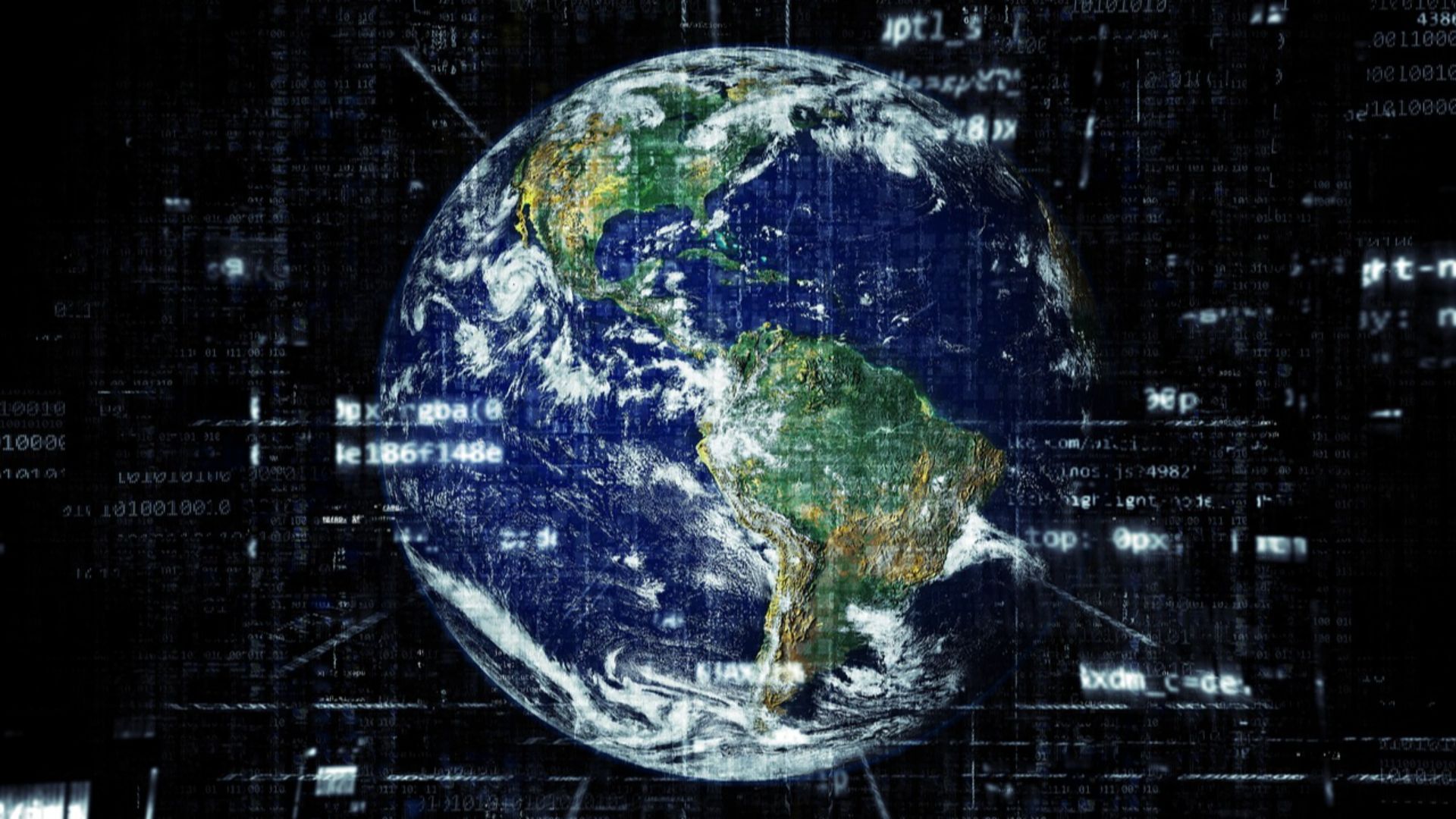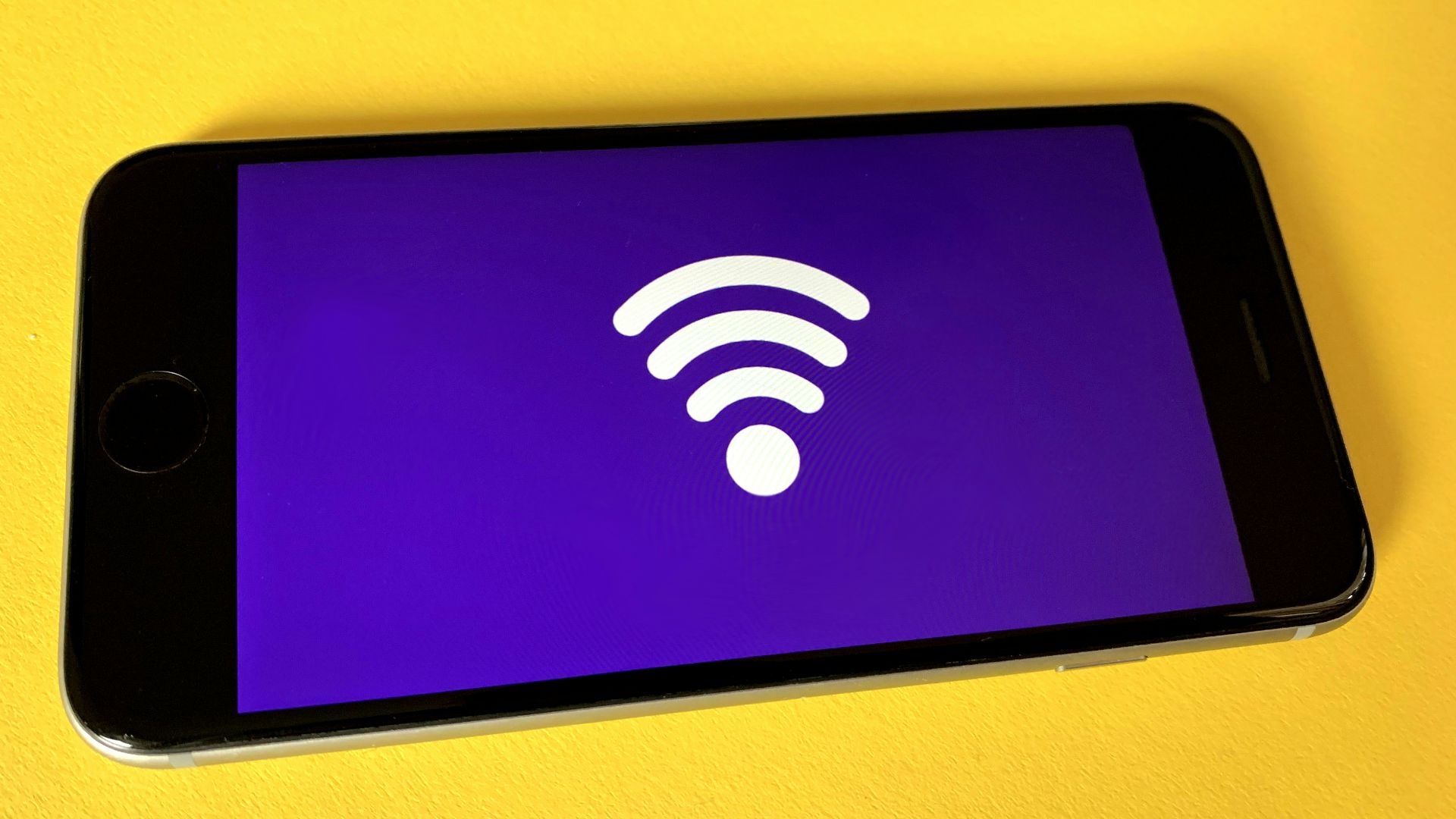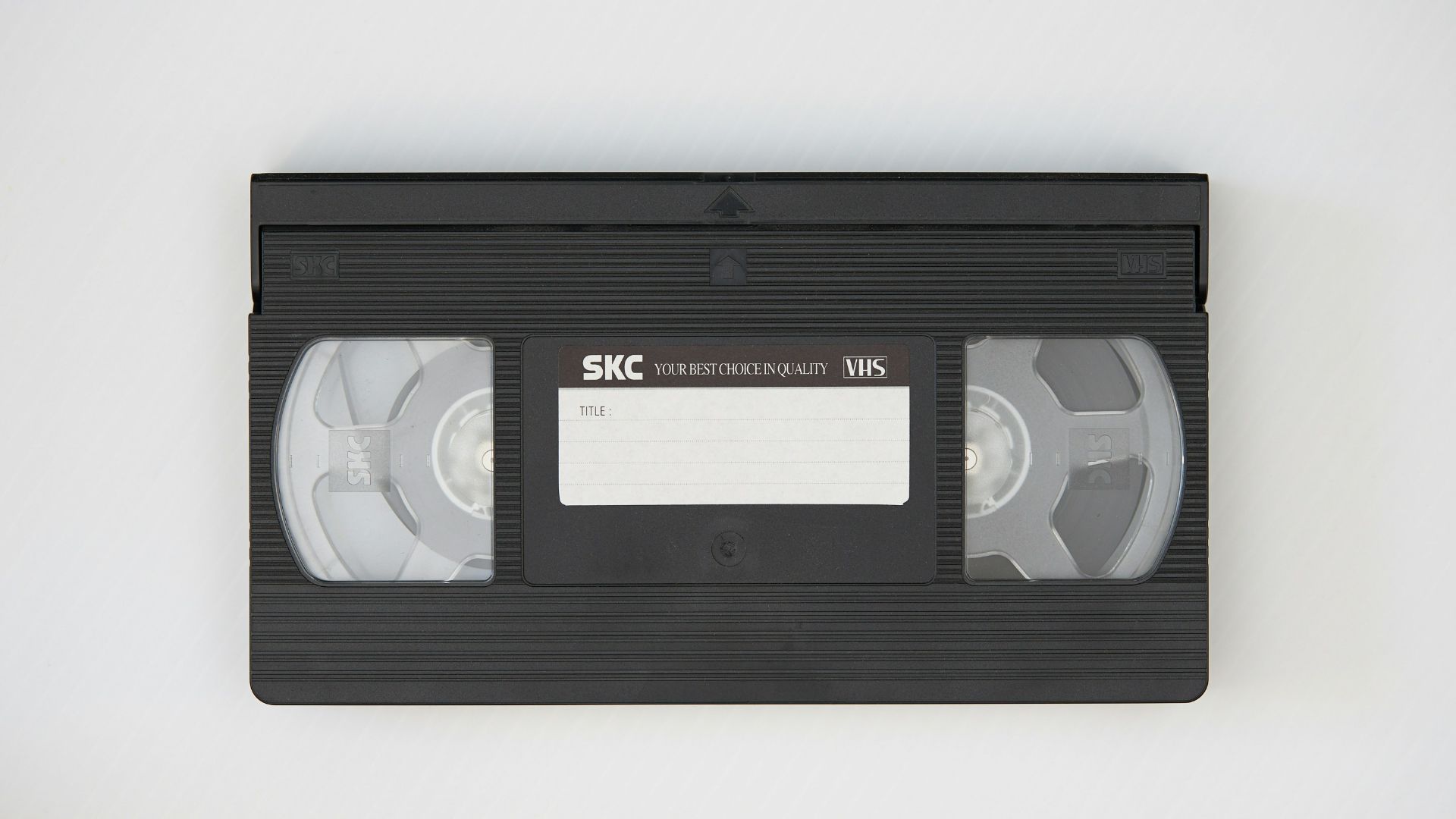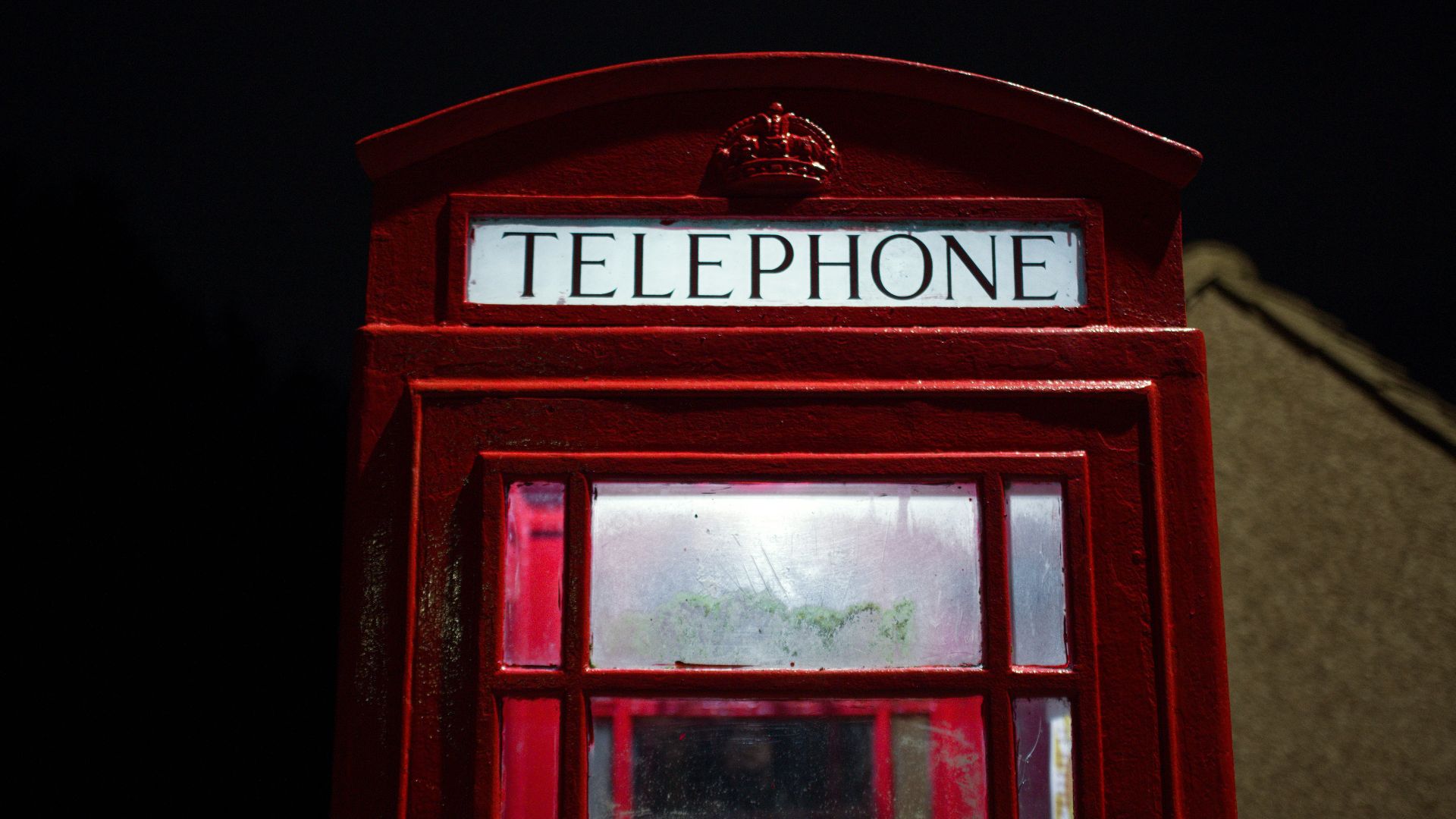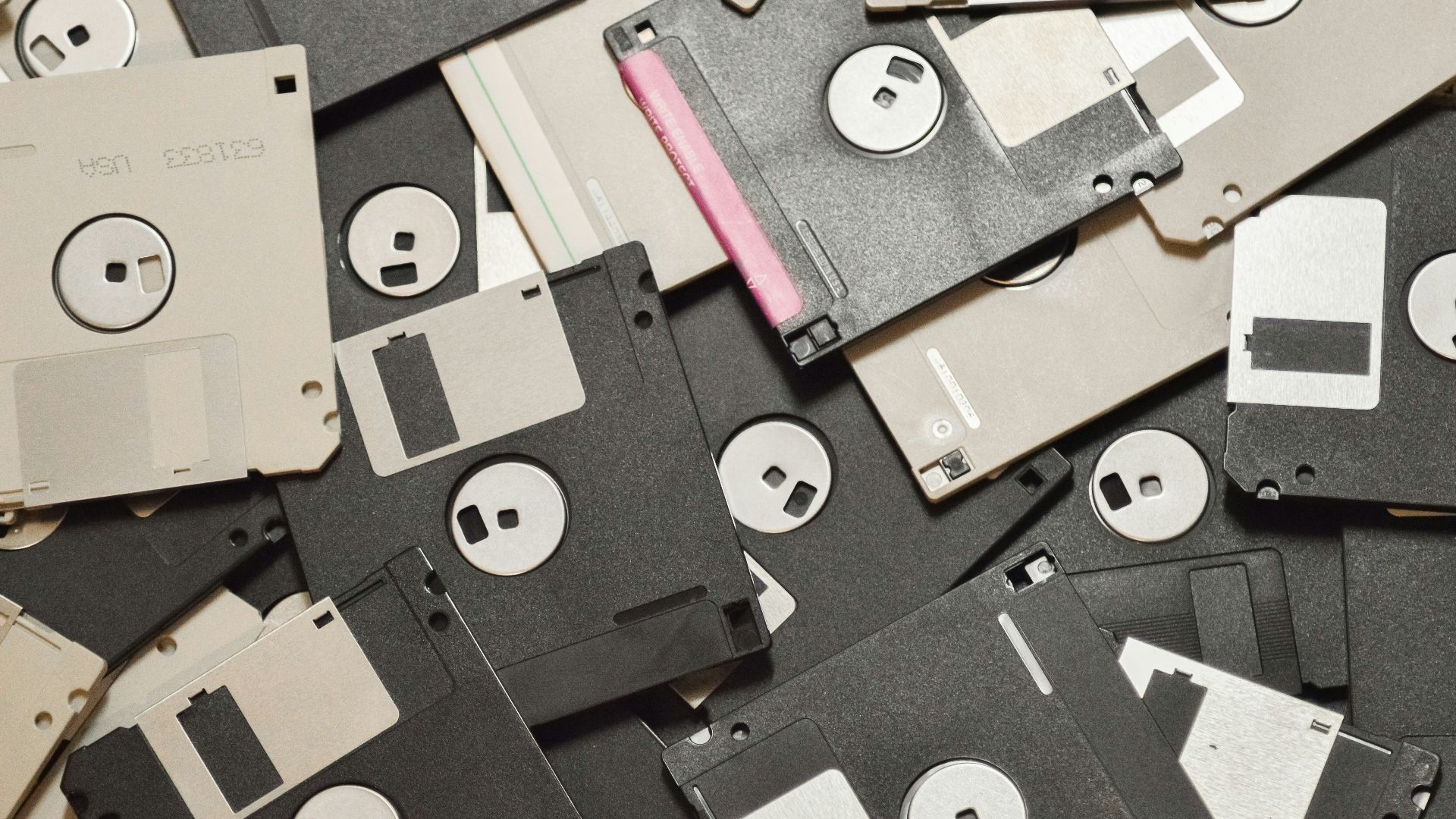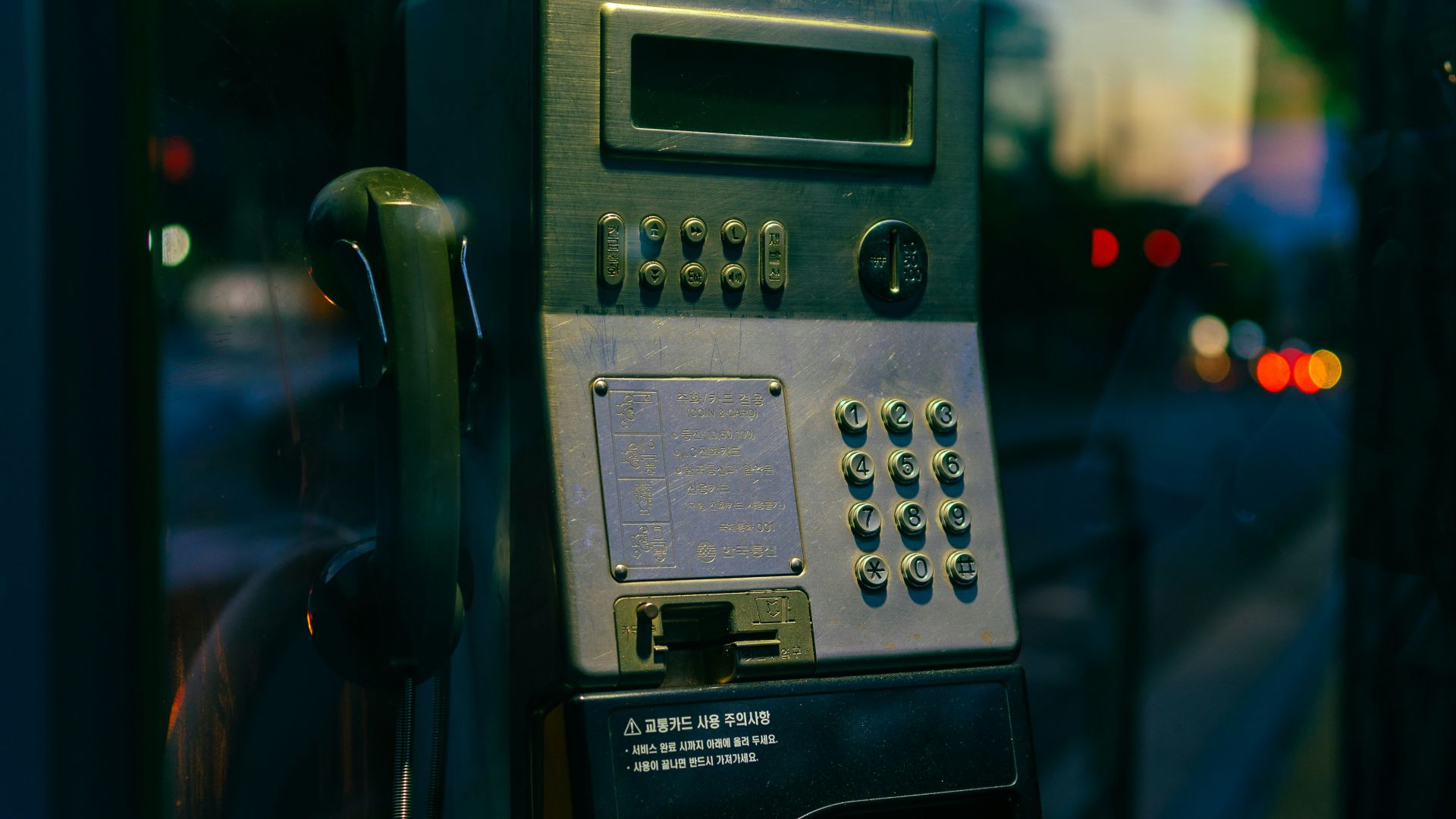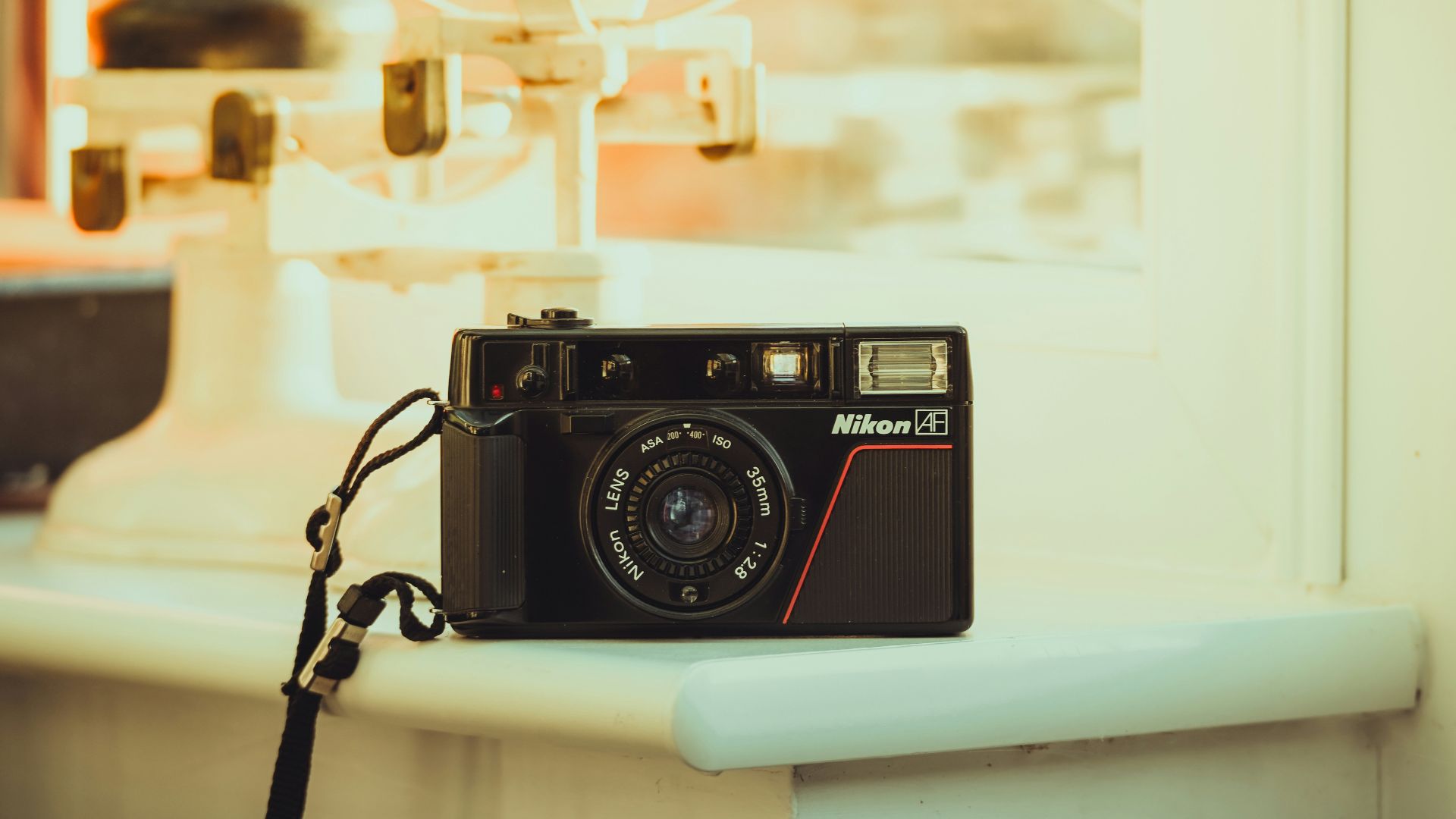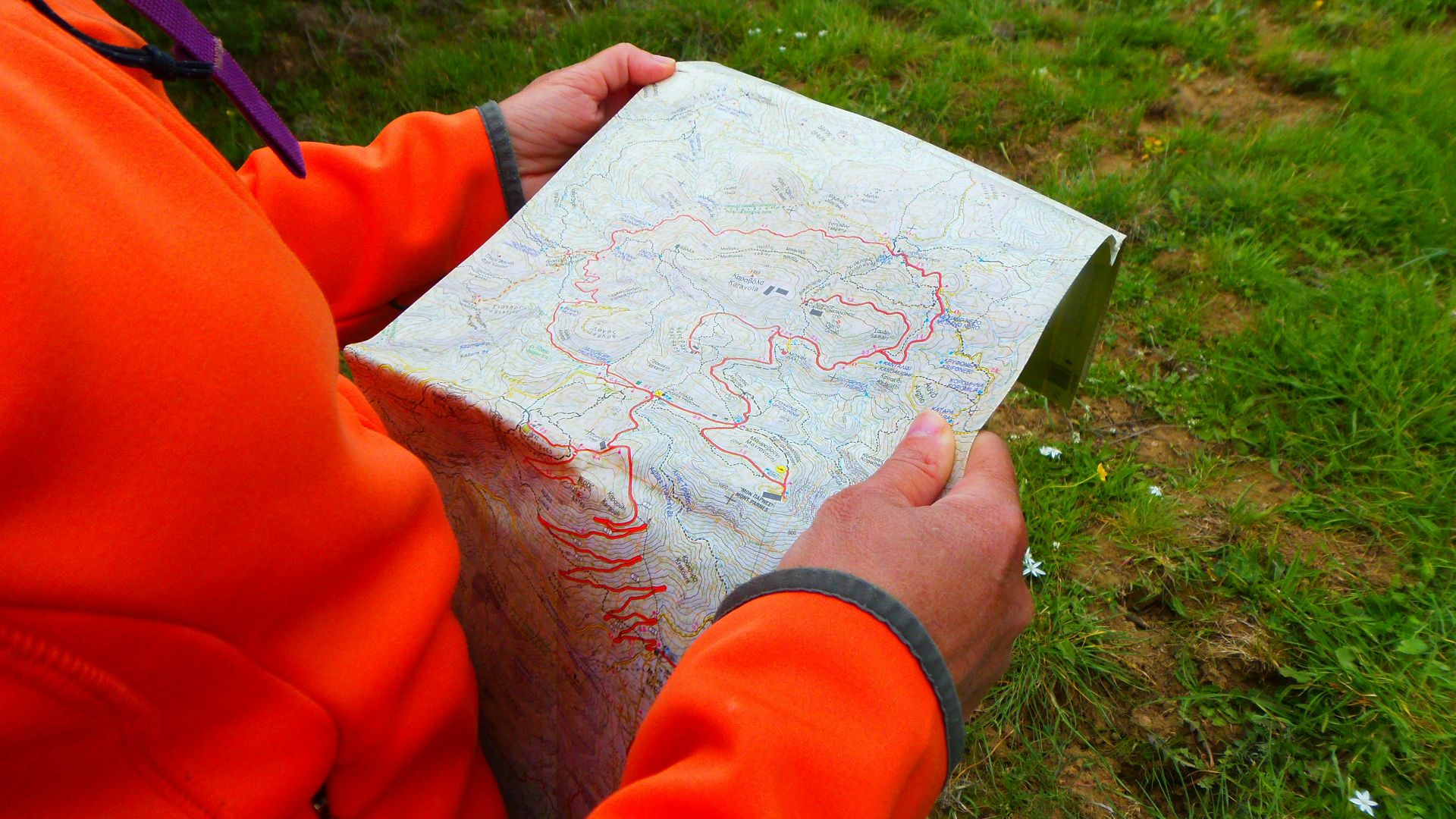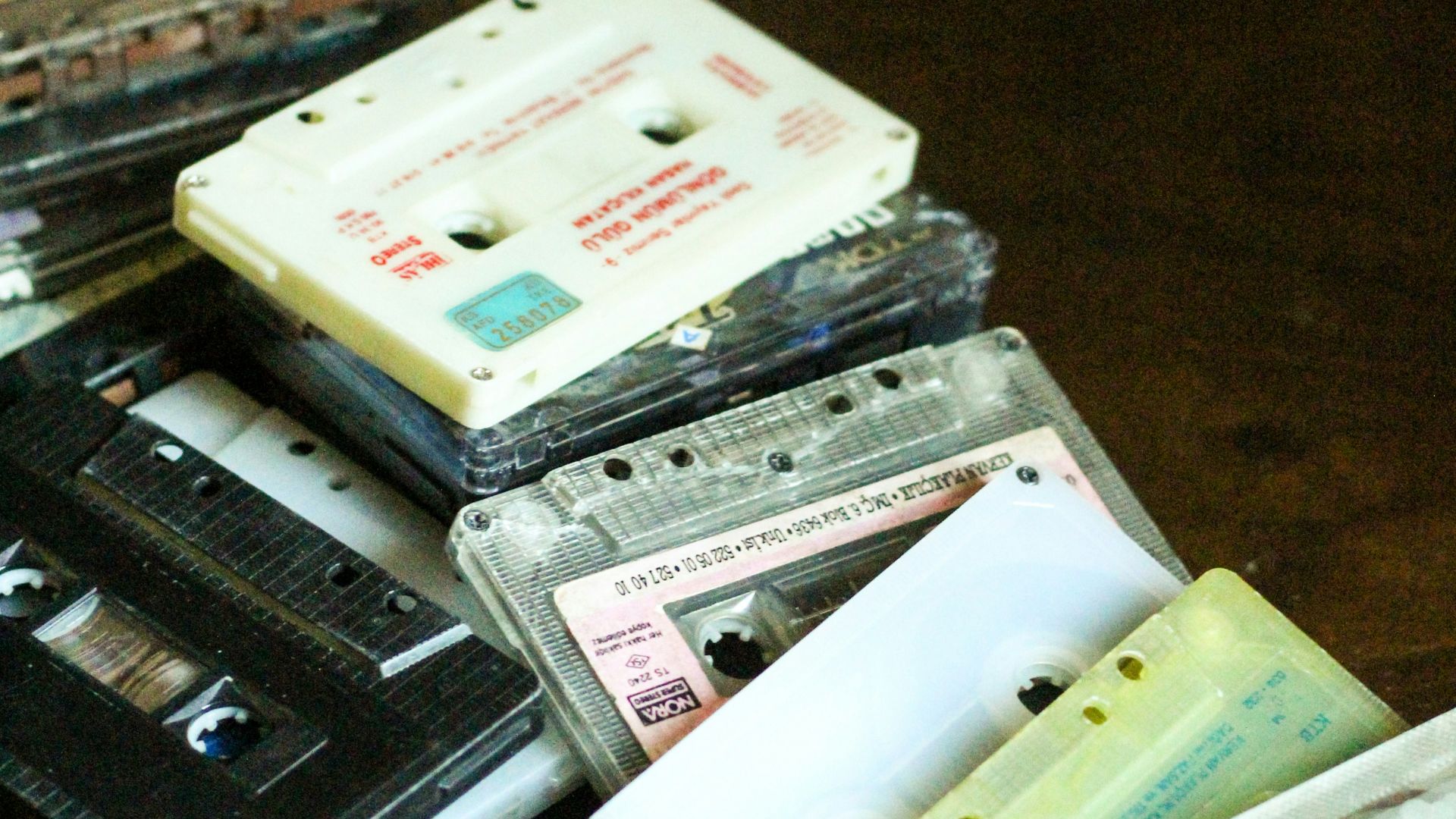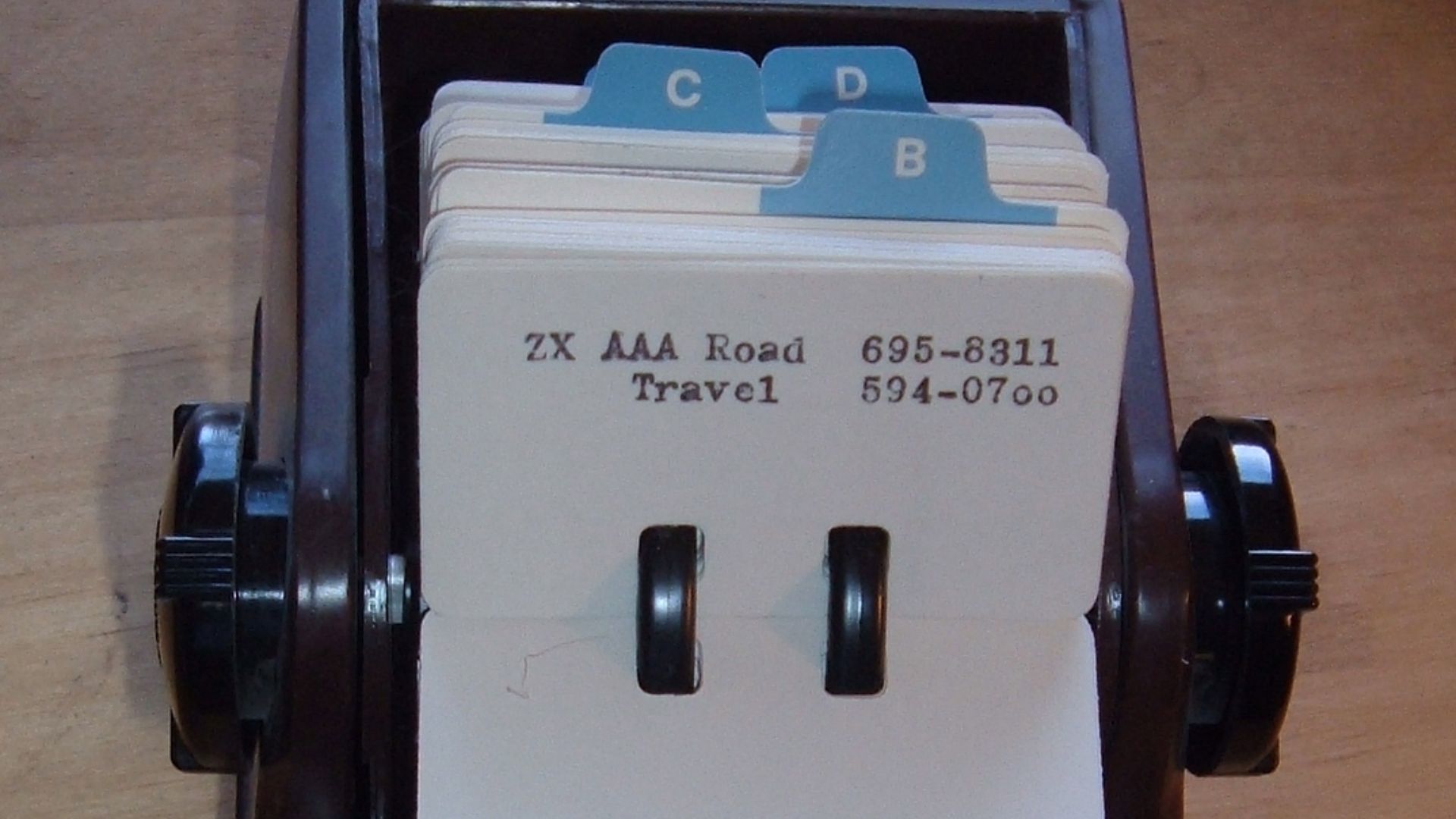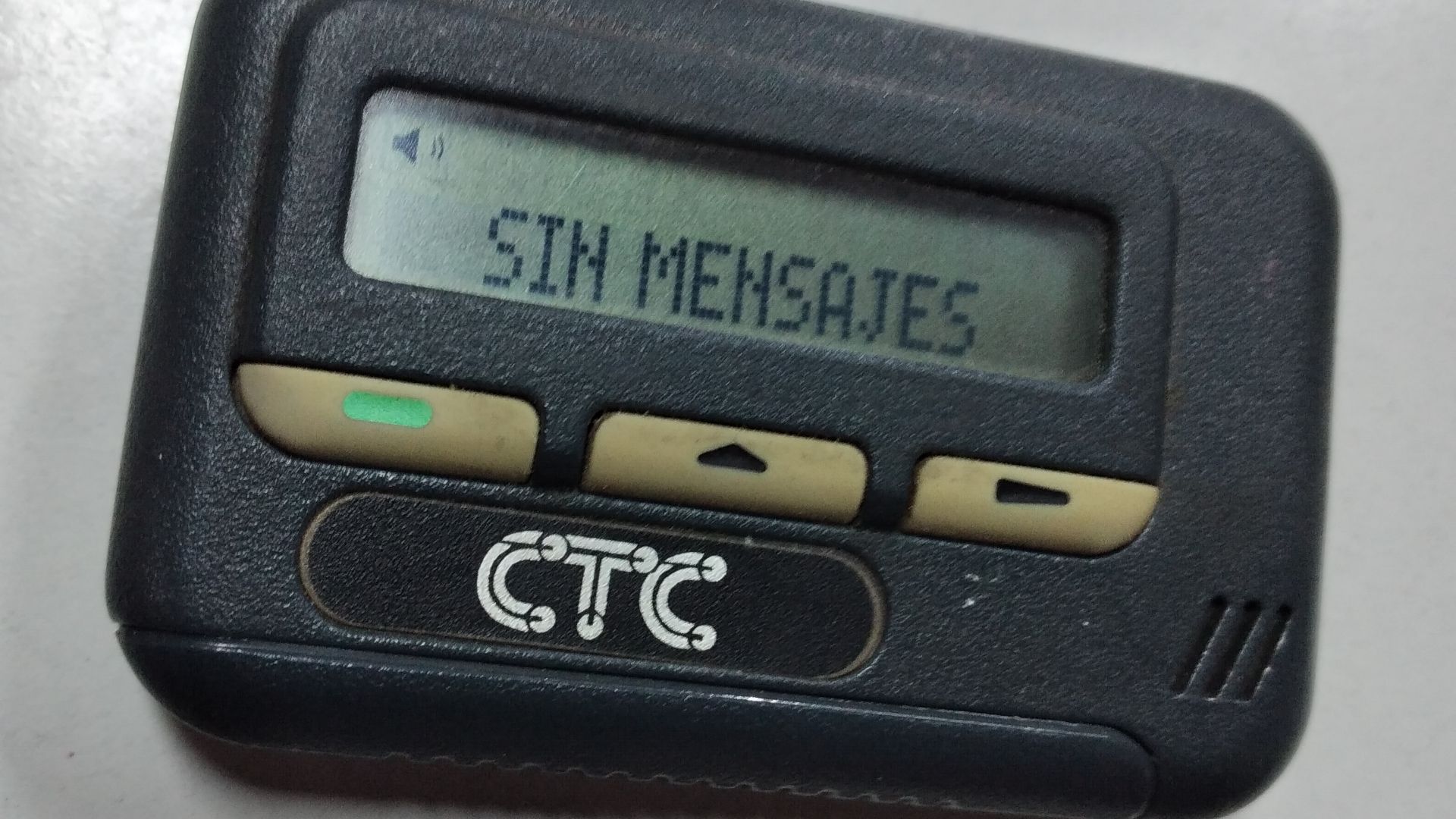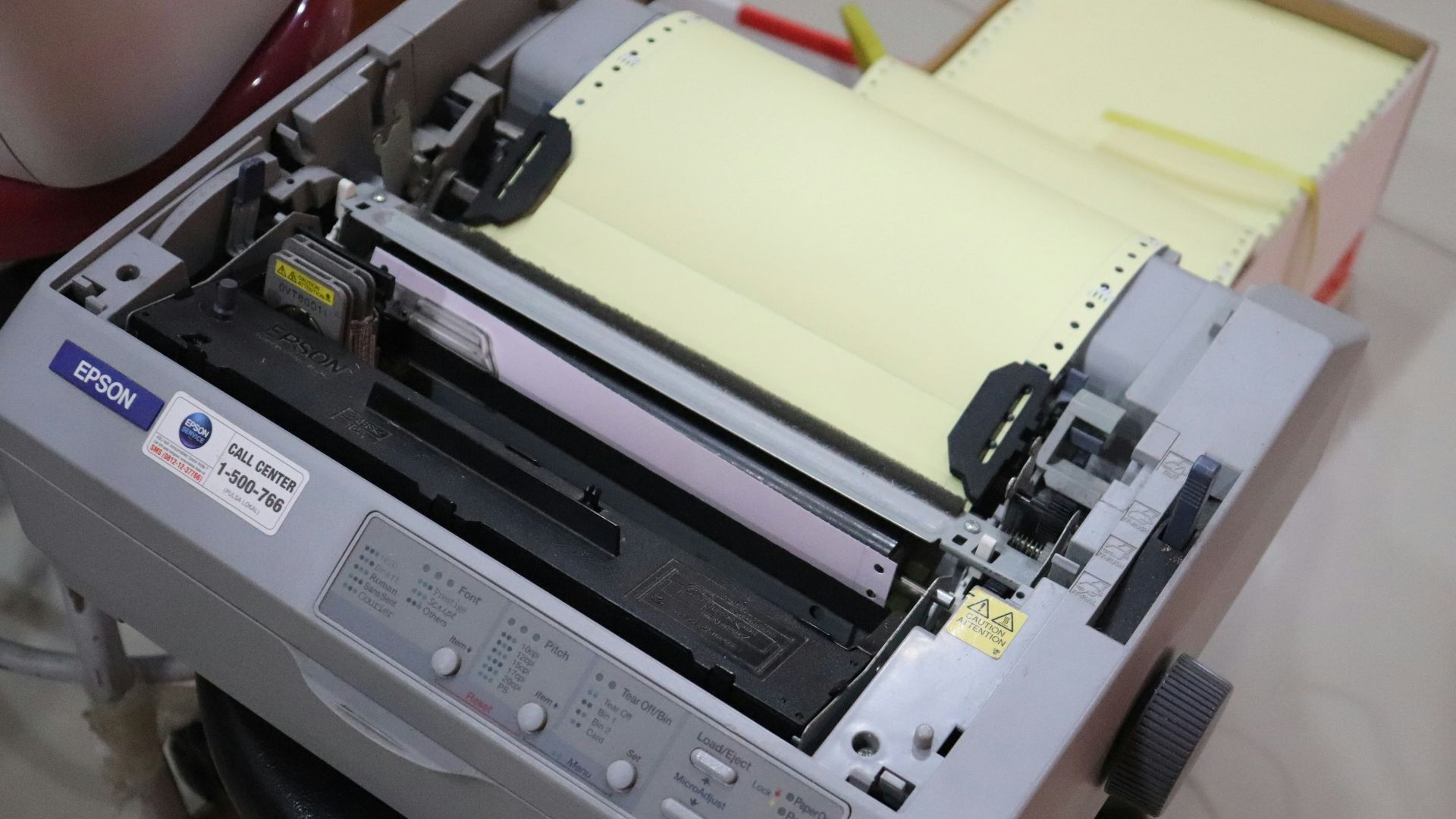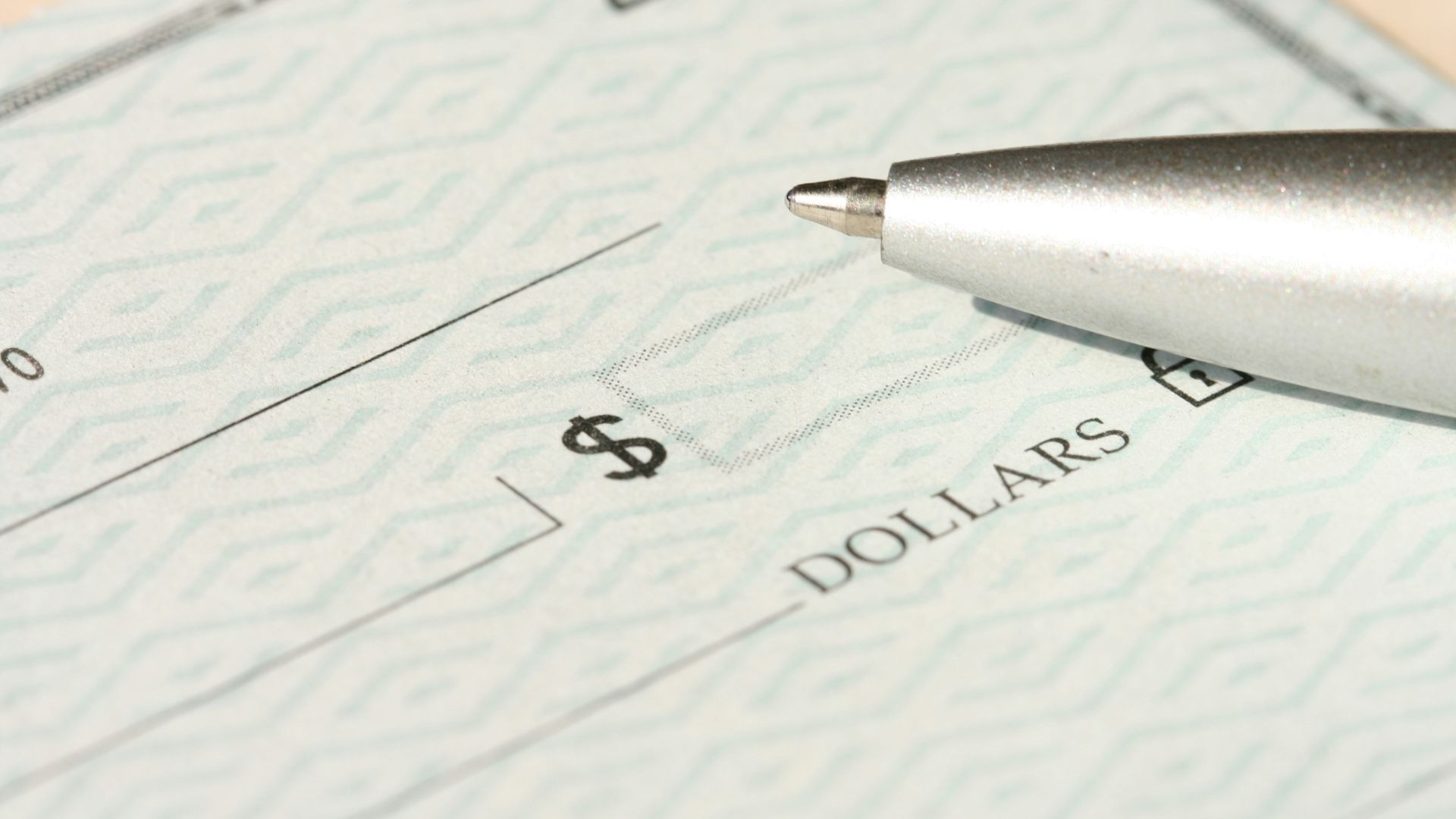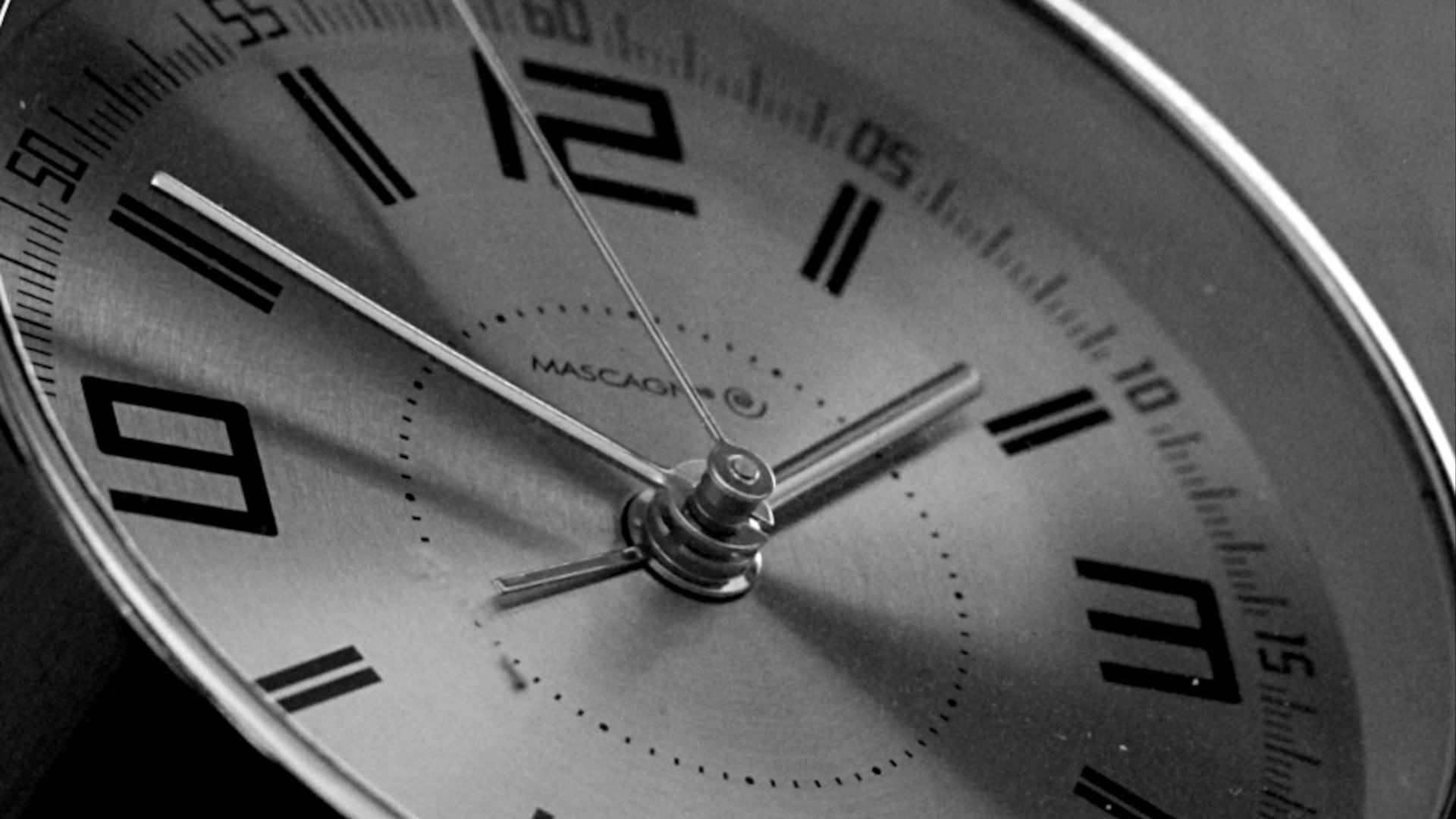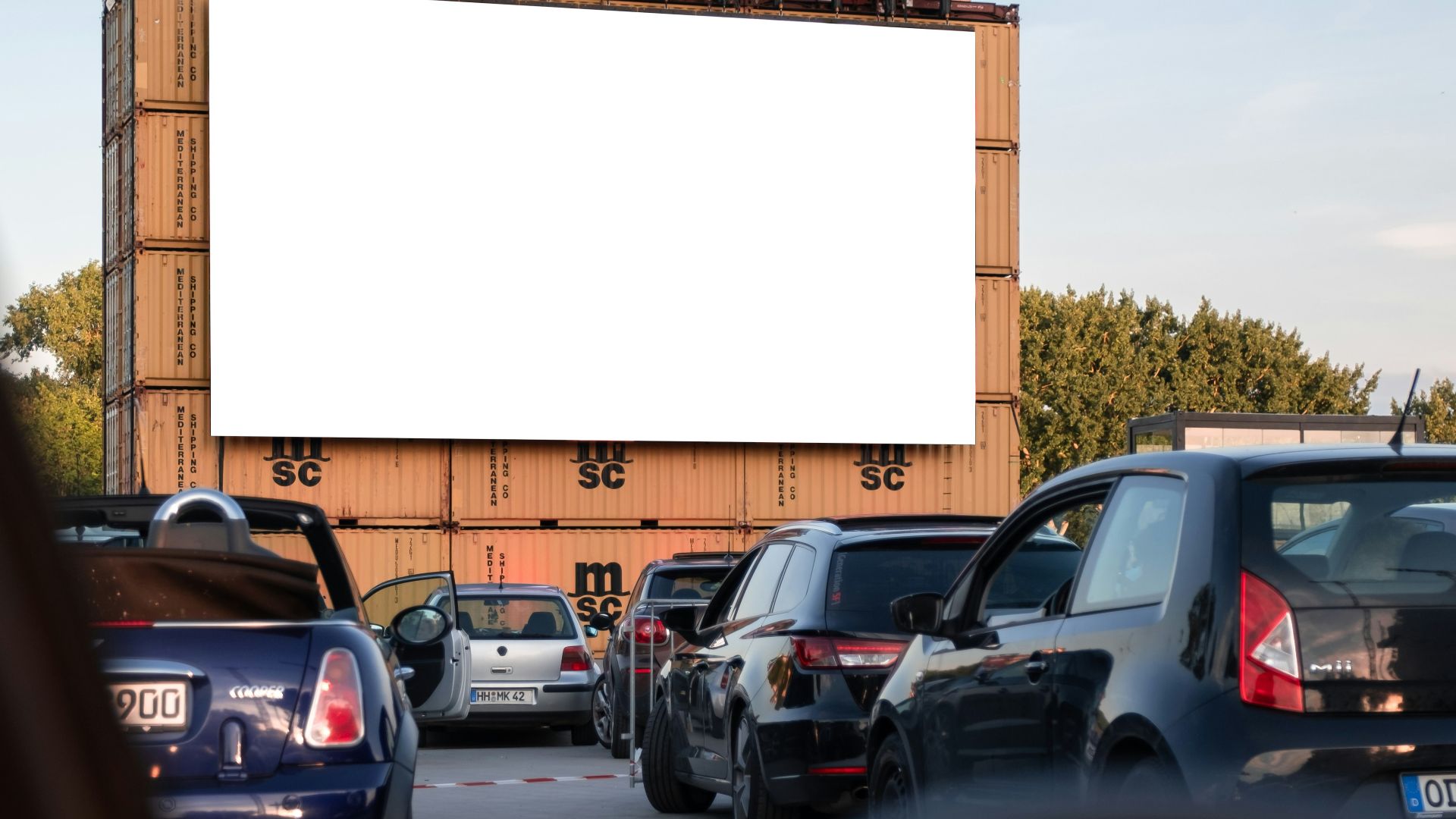Where'd It Go?
As our society continues to advance rapidly, welcoming in new and amazing inventions, it's not very often that we stop and think about what we've left behind. In fact, many of these things have disappeared so silently, we can't remember at what point their existence was erased. That's why today, we're taking a nostalgic trip down memory lane, revisiting 20 things that faded away so quietly, they're sure to stir your memory.
1. Dial-Up Internet
The children of today, used to high-speed wifi connections, would not be able to survive the painfully slow speeds of dial-up internet from the past. But if you lived during this era, you'll likely remember that distinct and strange screeching sound as you tried to boot up your internet. One listen and we're certain it'll instantly bring you back to this time.
2. VHS Tapes
With streaming services essentially rendering discs pointless, many people of today have turned away from buying physical copies of films and shows. Now, only fans and advocates of old-school VHS tapes have collections. No kid from today will ever understand the struggle of having to rewind a tape - there's no easy button to do that for you!
3. Phone Booths
With a majority of the population worldwide having their very own personal cellphone right in their pocket, phone booths have essentially become extinct. Now serving more as a cool photo op, you'll rarely see these on the street, though they once served as both shelter from poor weather and a quiet place to make calls.
4. Floppy Disks
Thanks to email, cloud storage, and other advancements in tech, the floppy disk is now a completely obsolete method of transferring data. Most children (if not all) won't have a clue as to what these are, likely also due to the fact that many computers don't include disk drives anymore.
5. Handwritten Letters
Nothing quite beats the feeling of receiving a handwritten letter, knowing fully well that someone took their time to carefully craft and send you this message. It's romantic, it's thoughtful, and sadly, non-existent in today's world. Thanks to text, direct messaging, and phone calls being so easy to access, this kind of contact with a personal touch is more or less gone for good.
6. Payphones
Just like phone booths, you won't see payphones sitting around outside anymore. Why pay for a call when you have a monthly plan for a phone where you can text, call, or message someone instantly? It also doesn't help that you have to pay with coins - carrying physical money is becoming less frequent these days too.
7. Manual Typewriters
Though the clickity clack of typewriters is definitely satisfying, these devices aren't exactly practical in today's day and age. They're nifty pieces of vintage decor to keep around your house, but nothing more beyond that. They simply can't top the effectiveness and efficiency of computers, laptops, and printers these days.
8. Film Cameras
Unless you're passionate about photography, most people these days have never used a film camera in their life. With digital cameras and even smartphones showcasing impressive quality and instant results, it's hard not to go this route instead. However, there was a certain appeal and charm to having to wait to see how your pictures actually turned out.
9. Paper Maps
With Google Maps being everyone's best friend, paper maps have been essentially deemed useless. The struggle of having to open and unfold large maps that take up way too much space, figure out where you're going, and question directions don't exactly seem appealing when digital-assisted maps can do all that with the press of a button.
10. Library Card Catalogs
Annoying for some, relaxing for others, flipping through dozens of cards to find a book's location was a unique experience that's no longer felt today. There was something satisfying about the physical action of it, but there's no need to keep this process around when everything is basically a search and a click away now.
11. Cassette Tapes
VHS tapes weren't the only form of tape to go extinct - advanced technology also pushed for the disappearance of cassette tapes. Thanks to Spotify and others, there's no longer a need for physical copies that required long rewind times or flipping over to hear the other songs. These are now seen more as gimmicky collectibles or unique thoughtful gifts for collectors.
12. Public Smoking Areas
In 2025, we all know the risk and dangers of smoking. We learned about it in school, our parents warned us about it, and we continue to see the harm through online media. As a result, compared to the past, you won't find many public smoking areas anymore. Knowing that it's a health risk just to be around someone smoking has convinced everyone that it's simply a bad idea to enforce these.
 Possessed Photography on Unsplash
Possessed Photography on Unsplash
13. Rolodexes
Though once an organized way of keeping your contacts in one place, phone apps have easily replaced it in the past decade. Who needs physical copies when you can simply track it all with the swipe of your finger? We can almost guarantee kids of today's generation have both never seen or heard of the Rolodex.
14. Pagers
The real question is: what can't phones do? From replacing the Rolodex to payphones, they've even taken the job of pagers. Once considered the go-to device for easy communication, pagers were once used to give speedy and immediate responses. Though you wouldn't actually be able to return a call, it did help to alert those in professions that needed quick feedback.
15. Dot Matrix Printers
With today's printers now able to create copies in the blink of an eye with ease and no distinctive sounds, it's hard for devices like the Dot Matrix printer to keep up with new tech. Big, bulky, and slow, sadly these three words are simply not attractive in this generation's desire for fast and immediate.
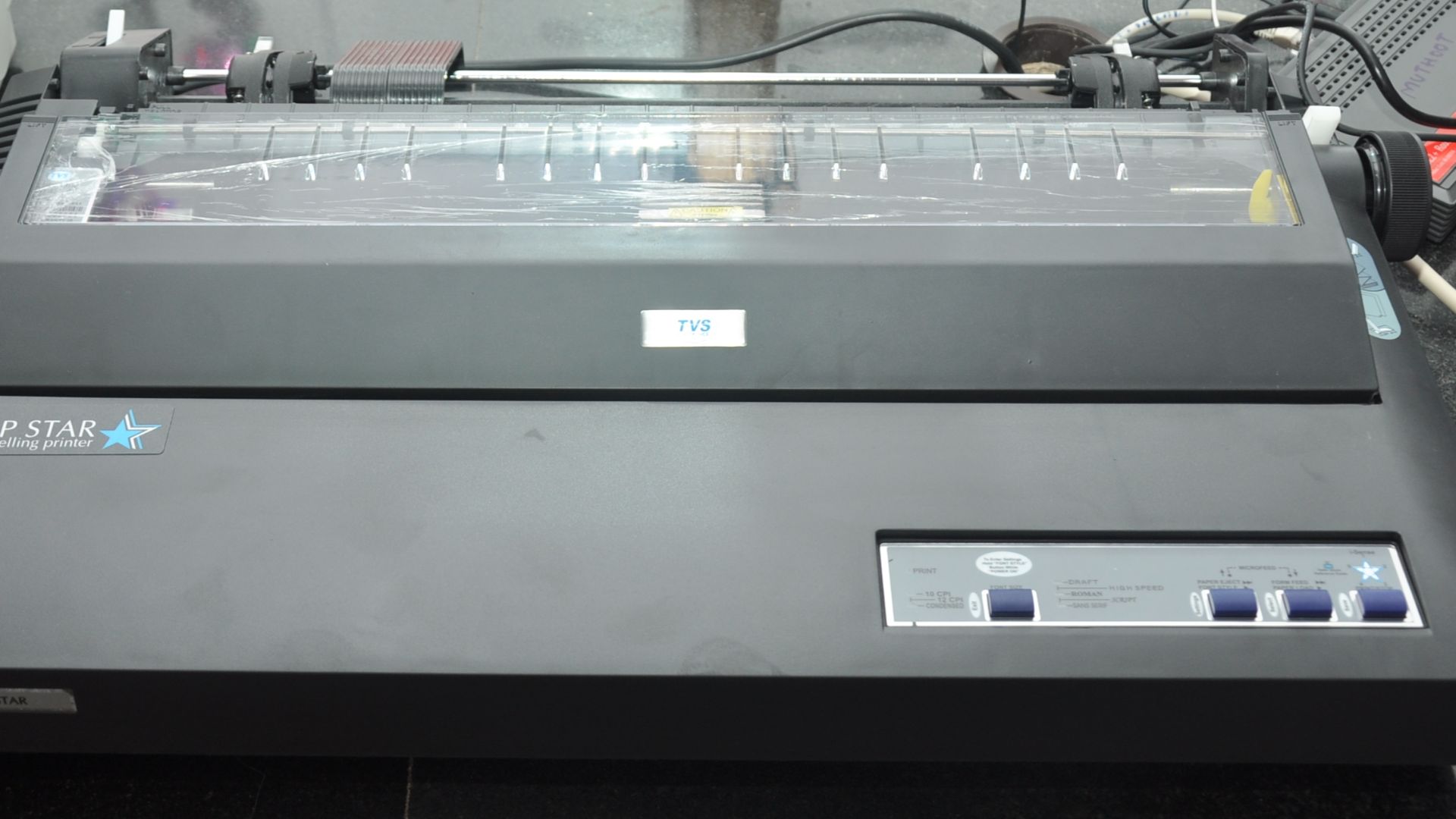 Kannanshanmugam,shanmugamstudio,Kollam on Wikimedia
Kannanshanmugam,shanmugamstudio,Kollam on Wikimedia
16. Encyclopedias
Instead of having numerous thick books to refer to for information, the internet now easily stores everything you need to know with just one search. It's a lot more convenient, right? Many born in this generation will never understand the struggle of flipping through pages just to find what you need. The plus side was, you never had to question the reliability of the information when it came to encyclopedias!
17. Fax Machines
Fax machines were once considered a huge advancement in tech, but that was before email and other digital file-sharing methods took over. Though the ability to send documents over the phone line was a big step up, the tech of today share ease and convenience that is simply unmatched. Though it may still be used in certain workplaces, it'd definitely be considered outdated.
18. Personal Checks
With credit cards, Apple Pay, and so much more being the primary source of payment these days, using personal checks simply seem like an inconvenient method you can't be bothered with. From needing to carry a pen with you at all times, to writing it out, recording it, and getting it to a bank, there are too many steps involved for it to be considered worth it.
19. Analog Clocks
Did you know that some people today can't even read analog clocks? That's how outdated people think these are! Now used more as an aesthetic piece of decor, people generally use their phone to tell the time. Digital clocks are the new in, and analog clocks are sadly already far, far out the door.
20. Drive-In Theaters
Can you really compare the drive-in theater experience to watching your favorite film in IMAX with an impressive sound system? Maybe not, but the atmosphere simply doesn't compare! Though drive-ins are quite rare these days, there's something nostalgic and beautiful about sitting in your car with so many around you, enjoying the fresh air, and watching your favorite film.


